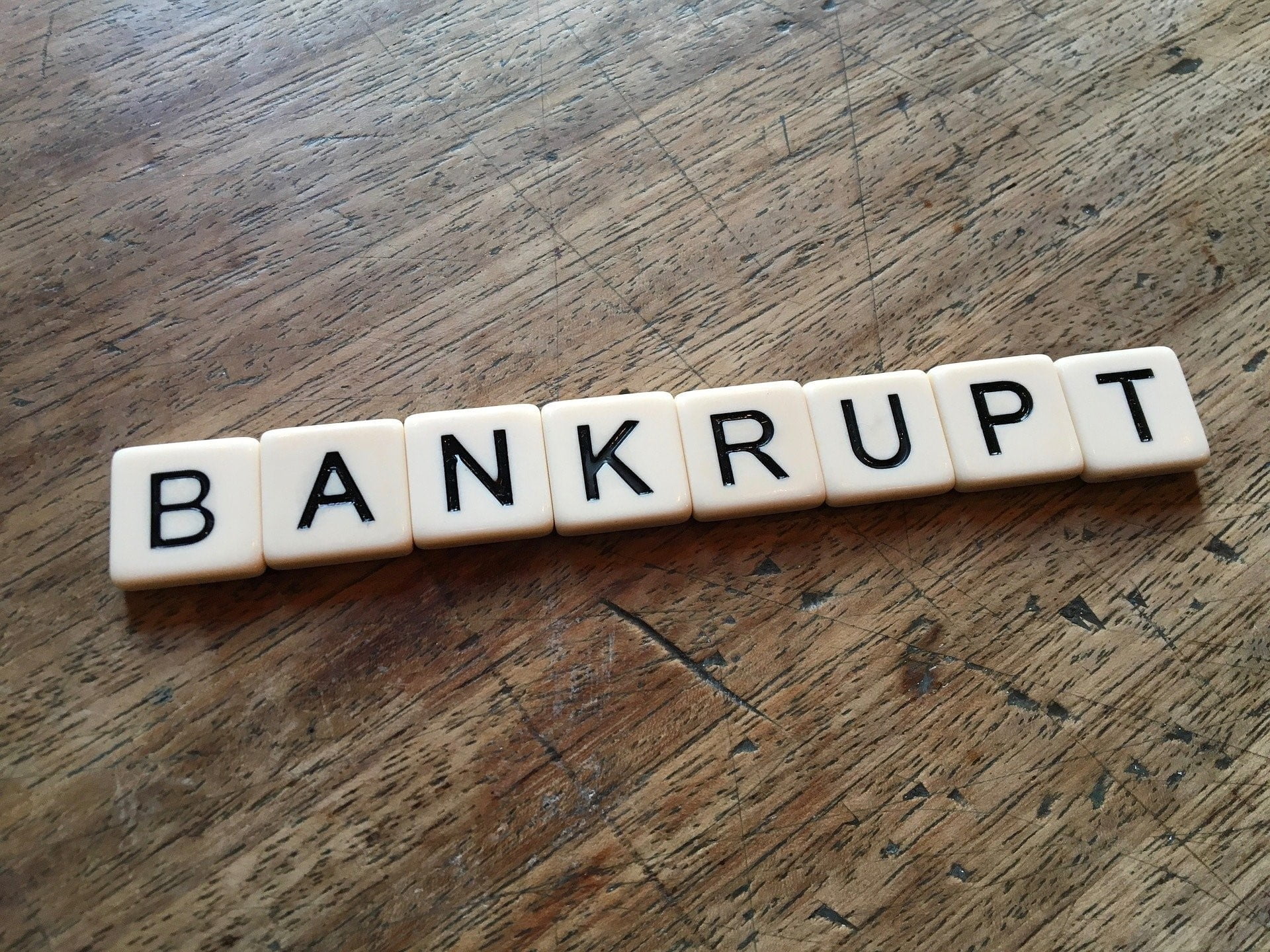The Main Reasons for Corporate Insolvencies
by Abdul Aziz Mondal Finance Published on: 18 December 2020 Last Updated on: 05 May 2025

In this article, we will take a look at the main reasons for corporate bankruptcy in the US economy and help you understand what can be done to address these problems and lay the solid foundations needed to remain viable and profitable.
Factors which can lead to Bankruptcy
Competition from larger companies is a market factor that can reduce the income of smaller companies and lead to bankruptcy. Merging companies into larger entities creates a leverage effect that lowers the cost of capital, so that companies supported and supported by others are less likely to file for bankruptcy, according to the Gibrat Act.
The negative impact of losing a major customer can be mitigated by diversifying the company’s sources of income. As the rising trend of corporate insolvency in the UK has shown, there are a number of sectors that deal with the changes at the heart of current events. Few industries will offer you the versatility that it can offer you, whether you are moving your business through restructuring or liquidation or exploring how to end your current situation.
Insolvency Issues: What you need to know
A look at the size of the company shows that the insolvency applicants in 2016 were mainly small enterprises. It seems that, while companies only have to prove that their financial situation has deteriorated as a result of COVID 19, they do not have to prove that the pandemic has had a financial impact on the company.
It is important to know your company’s current cash flow, as this is one of the causes of business failure. The best way to avoid a cash-flow crisis is to prepare for any financial problems that might affect the business, such as a financial crisis.
Where to look to Credible Long Term Business Models?
If market conditions are severely affecting your company’s financial stability, you should look for alternative long-term business models to protect the company from the threat of bankruptcy. It is important to face all the financial difficulties that your company faces because early on the entrepreneur will have the ability to continue running the business and to enlist the help of managing directors. Your business should also have enough cash to ensure it is ready when new competition arises in the industry.
Although it seems that your business is going well, it is important to know what the biggest risks are, because things can change quite quickly. One of the most important steps to protect your businesses from the most common causes of corporate insolvency is to familiarize yourself with them. Another important step to protect your business from the most common causes of corporate insolvency. The most common cause of business insolvency and the best way to protect yourself and your business from the consequences is to familiarize yourself with them and to familiarize yourself with them.
Even if your business is doing well, it is important to understand that bankruptcy is always an option and that it is an excellent idea to take steps to protect it from it.
Do Reporting Accounts matter?
If you are concerned about the performance of a company you deal with then use a business intelligence service such as Reporting Accounts to monitor them closely, they offer free and paid for reports depending on the depth of detail you need to go into.
Even if your business is doing well, it is important to understand that bankruptcy is always an option and that it is an excellent idea to take steps to protect it from bankruptcy. What is at stake on paper has more to do with the individual causes of a company’s life cycle than with any individual cause.
To mitigate this in the UK, their government recently passed the Corporate Insolvency Administration Act 2020, which makes the bankruptcy process more transparent and accountable to directors and shareholders. While many scientists set a date as a sign of failure, they do not consider failure to be a given until a company has submitted to the court the legal documents necessary for its liquidation or reorganization. If a managing director is aware that he or she may be personally liable for unlawful trading if such a commitment is not met, the company may file for bankruptcy.
The Final Word
The new moratorium gives directors of financially troubled companies considerable powers when they attempt to restructure the company through formal insolvency proceedings. When a company is facing bankruptcy or liquidation, directors can see what went wrong and look back at the decisions taken and the reasons for failure.
Read Also:



































































































